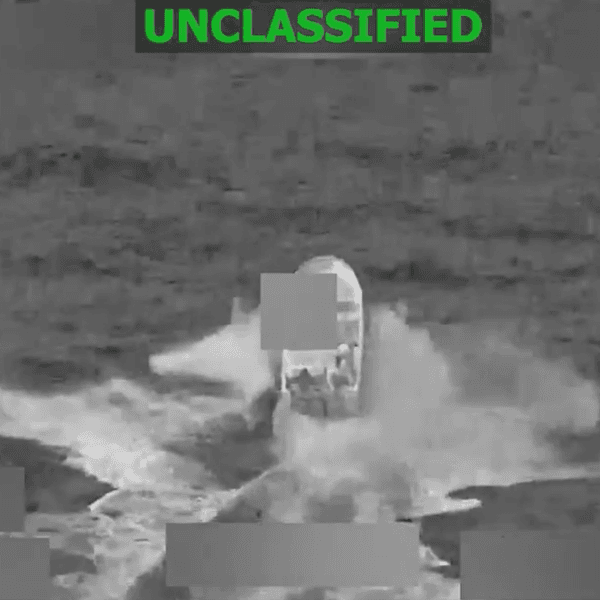A weekend attack by a pair of so-called "kamikaze" drones attributed to Haiti's fragile government killed at least 11 people including eight children, drawing widespread condemnation this week and demands for accountability.
The Miami Herald reported Monday that kamikaze drones, also known as suicide drones, targeted a party in Simon Pelé, a gang-controlled area in the Cité Soleil neighborhood of the capital, Port-au-Prince, where Albert Steevenson, a gang leader also known as Djouma, was celebrating his birthday and handing out gifts to local children.
According to The New York Times, the first exploding drone killed three adults including a pregnant woman and eight children ages 2-10, and wounded six others. A second drone then exploded outside the gang's headquarters, killing four members and injuring others.
Mimose Duclaire, 52, told the Herald that children including her 4-year-old granddaughter Merika Saint-Fort Charles were playing outside when she heard an explosion.
"I heard a ‘boom’ and when I looked I saw her both of her knees were broken and her head was split open," Duclaire said.
"If they cannot effectively use the drones they need to stop their use."
Nanouse Mertelia, 37, told The Associated Press that she was inside her home when she heard an explosion and ran outside to see what was happening, because her son had just left to go get something to eat. That's when she saw her child on the ground with one of his arms and legs blown off.
“Come get me, come get me, please mama,” she said he told her, but it was too late. “By the time we got to the hospital, he died.”
There is still some uncertainty over who carried out the attack. There has been speculation that mercenaries from the private contractor Vectus Global, which was founded by Erik Prince—the founder and ex-CEO of the notorious mercenary firm formerly known as Blackwater—was involved in the strike.
The Times previously reported that Haiti's government is working with Prince “to conduct lethal operations against gangs that are terrorizing the nation and threatening to take over its capital.”
According to the new Times reporting, it is unclear whether Prince's contractors or the Haitian National Police (HNP) were responsible for Saturday's massacre. Neither Prince nor the HNP have responded to Times' requests for comment.
Romain Le Cour, head of the Haiti Observatory at the Global Initiative Against Transnational Organized Crime, told The Guardian Tuesday that the attack raises “urgent questions of accountability."
“It has now been [over] 48 hours since the incident, and the authorities have yet to issue any official communication or assume public responsibility," Le Court said. "Who, ultimately, will assume responsibility for this attack: The prime minister? The transitional presidential council? Private security companies? The leadership of Haitian National Police?”
Regardless of who committed the killings, they have sparked renewed focus on the use of kamikaze drones in Haiti. Pierre Esperance, who heads Haiti's National Human Rights Defense Network, told the Herald that—as in the case of the killing of two elite police officers in a drone strike last month—the culprit appears to be lack of coordination and oversight.
“We’ve always said that the use of drones have to be coordinated with the security forces,” Esperance said. “This is why you have collateral damage... If they cannot effectively use the drones they need to stop their use."




